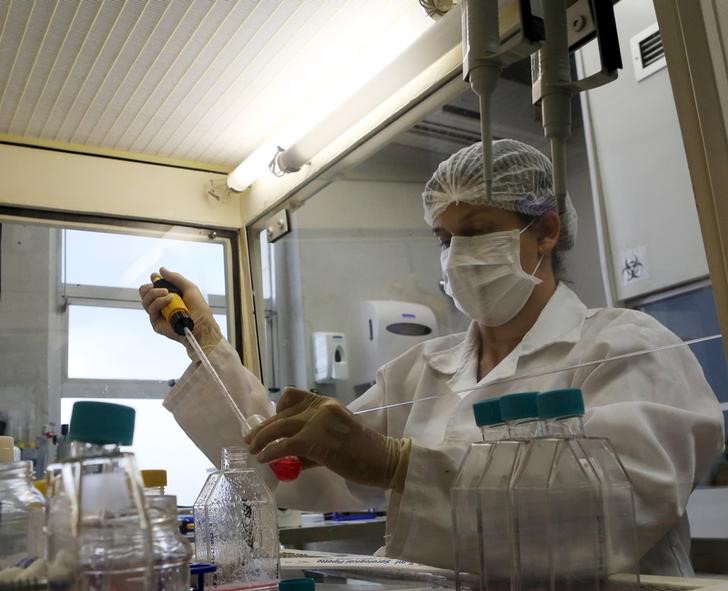Investing.com’s stocks of the week
By Leroy Leo and Puyaan Singh
(Reuters) -Akero Therapeutics' experimental drug for a type of fatty liver disease significantly reduced scarring after nearly two years in a mid-stage study, it said on Monday, as the company targets a potential multi-billion-dollar market.
The company's shares rose 19% to $33.09 in morning trade and at least one analyst said the drug showed the most benefit in the small study compared with any other treatment tested in separate trials for the disease.
However, the results will have to be confirmed in a late-stage trial.
South San Francisco, California-based Akero was testing the drug, efruxifermin, in a mid-stage trial, that enrolled 128 metabolic dysfunction-associated steatohepatitis (MASH) patients with scarring or fibrosis at severity of stage two or three.
The condition, earlier called non-alcoholic steatohepatitis (NASH), has no approved drugs, with the U.S. Food and Drug Administration expected to decide on rival Madrigal Pharmacauticals' drug by next Thursday.
"I think whoever is approved first has to build that market," Kitty Yale, Akero's chief development officer, said in an interview.
"Then you can take advantage of that ... with drugs that have stronger profiles in terms of overall efficacy," she said.
After 96 weeks, biopsies of 88 patients showed that efruxifermin helped reduce scarring in the liver by at least one stage in 75% of patients who took the higher dose, and in 46% of patients on a lower dose, compared to 24% for placebo.
It helped reduce scarring by at least two stages in over a third of the patients taking a higher dose, and 31% on the lower dose, versus 3% of patients on placebo, Akero said.
The data came above investor expectations, Jefferies analyst Michael Yee said in a note, and forecast $2 billion to $3 billion in peak sales of the drug.
NASH or MASH causes an excessive accumulation of fat in the liver and affects more than 17 million Americans, according to Akero. NeuroBo Pharmaceuticals (NASDAQ:NRBO) and 89bio (NASDAQ:ETNB) are also developing treatments for the disease.
